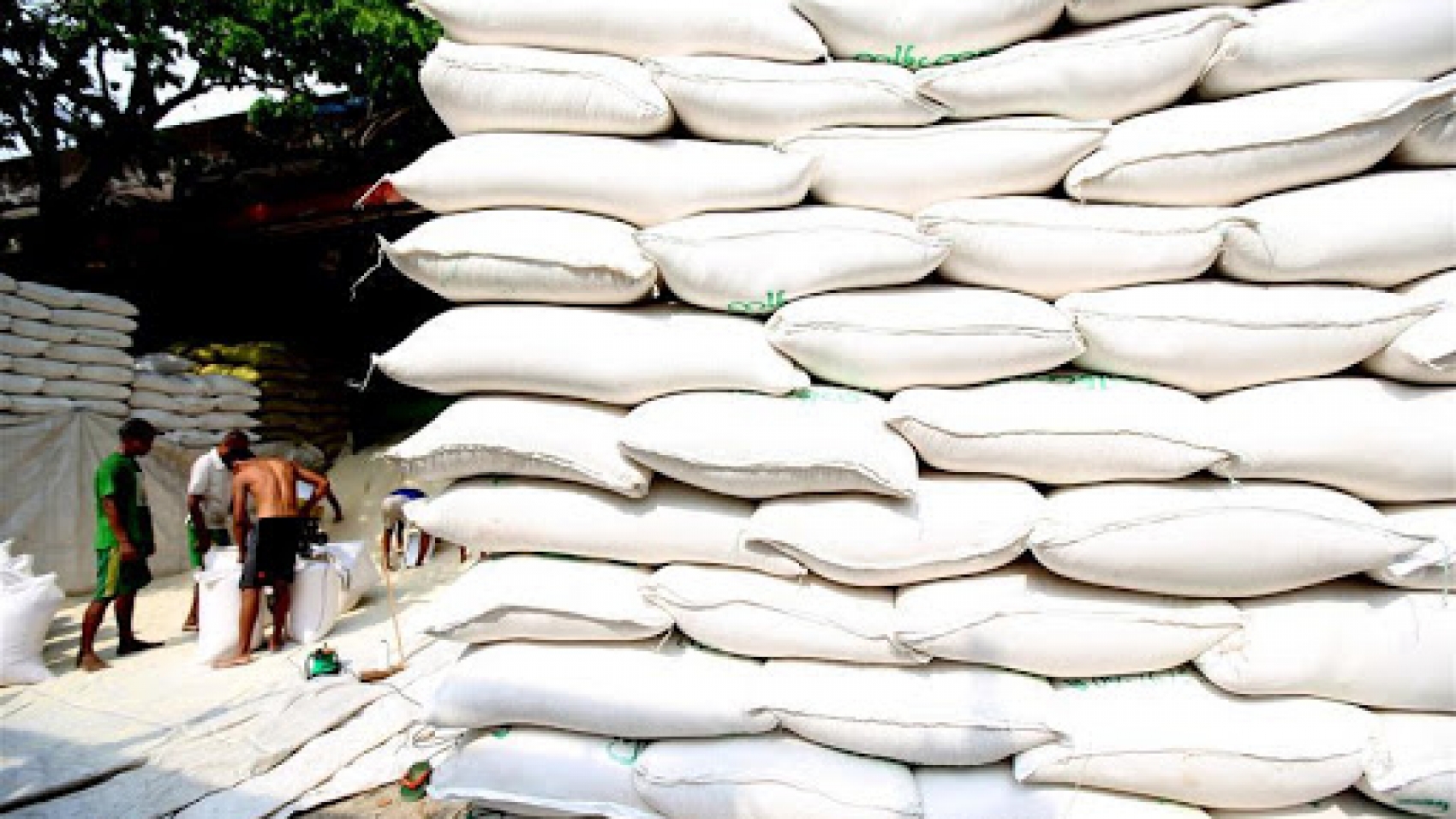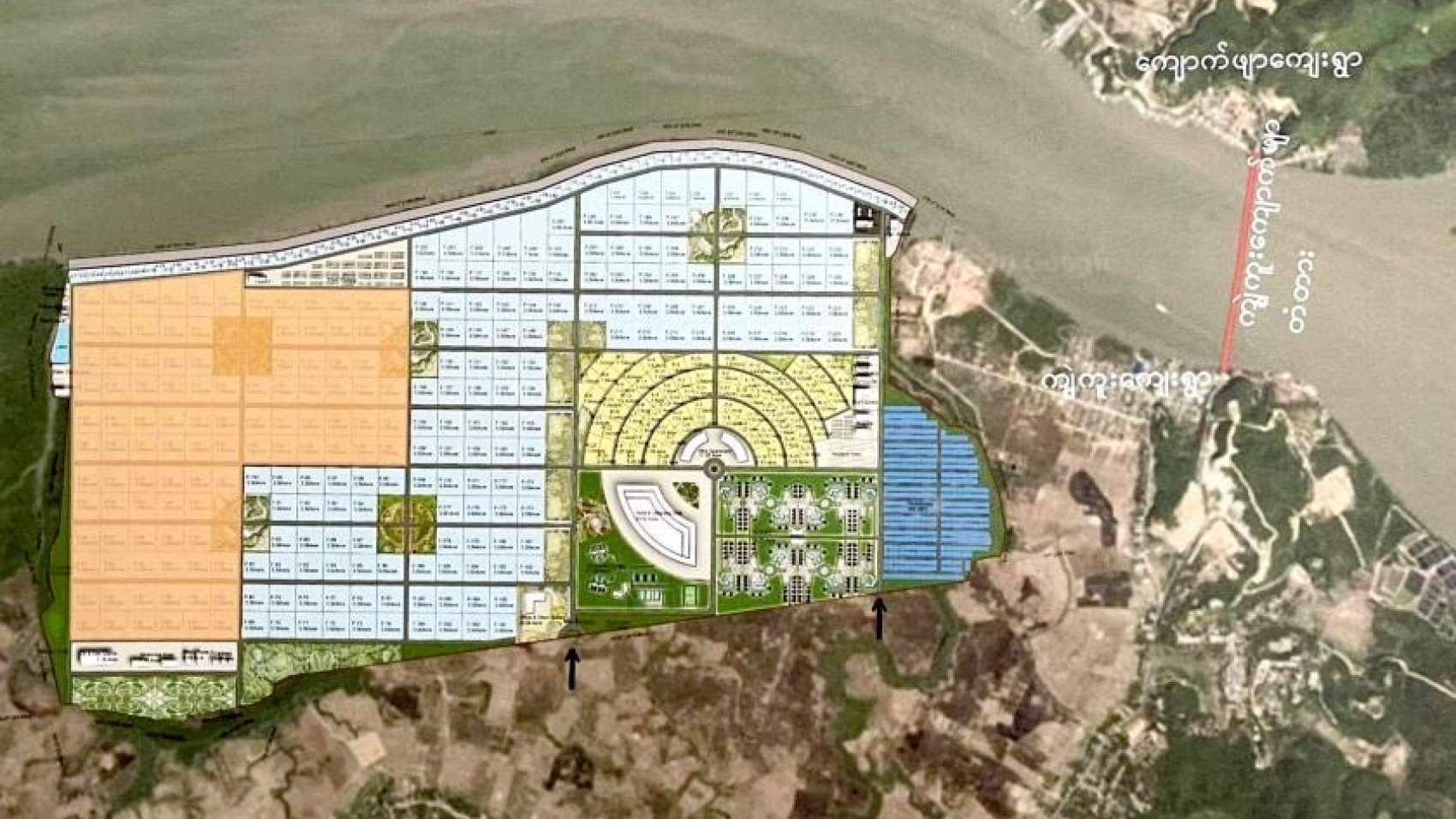Myanmar’s rice export to China through the Muse land border has stalled amidst the coronavirus concerns, said U Min Thein, vice-chair of Muse Rice Wholesale Centre. The abrupt halt in border trade came after one Myanmar citizen tested positive for COVID- 19 was found in Kyalgaung precious stone market on 29 March. That prompted China to restrict border access at the Mang Wein checkpoint, a major border crossing between Muse and Kyalgaung areas.
After the closure of the Mang Wein checkpoint, exports of Myanmar’s kitchen crops such as onion and chilli, various pulses and beans, rice and broken rice, and the fishery products were totally suspended. Consequently, rice and broken rice inflow to Muse border was not seen either. During the first wave of coronavirus pandemic, the driver substitution system helped lessen the impact on border trade. Even the truck cannot enter the border posts, which makes 100 per cent market collapse in Muse border.
Therefore the traders are urgently calling for the reopening of the Man Wein post at the soonest. Myanmar Rice Federation stated that Myanmar had shipped US$275 million worth of more than 720,000 tonnes of rice and broken rice to foreign countries in Q1 (1 October and 15 January) of the current financial year 2020-2021. The border trade handled over 308,000 tonnes of rice, while maritime trade covered over 418,000 tonnes in Q1. Myanmar generated over $800 million from rice exports in the previous FY2019-2020 ended 30 September, with an estimated volume of over 2.5 million tonnes.
Source: The Global New Light of Myanmar



